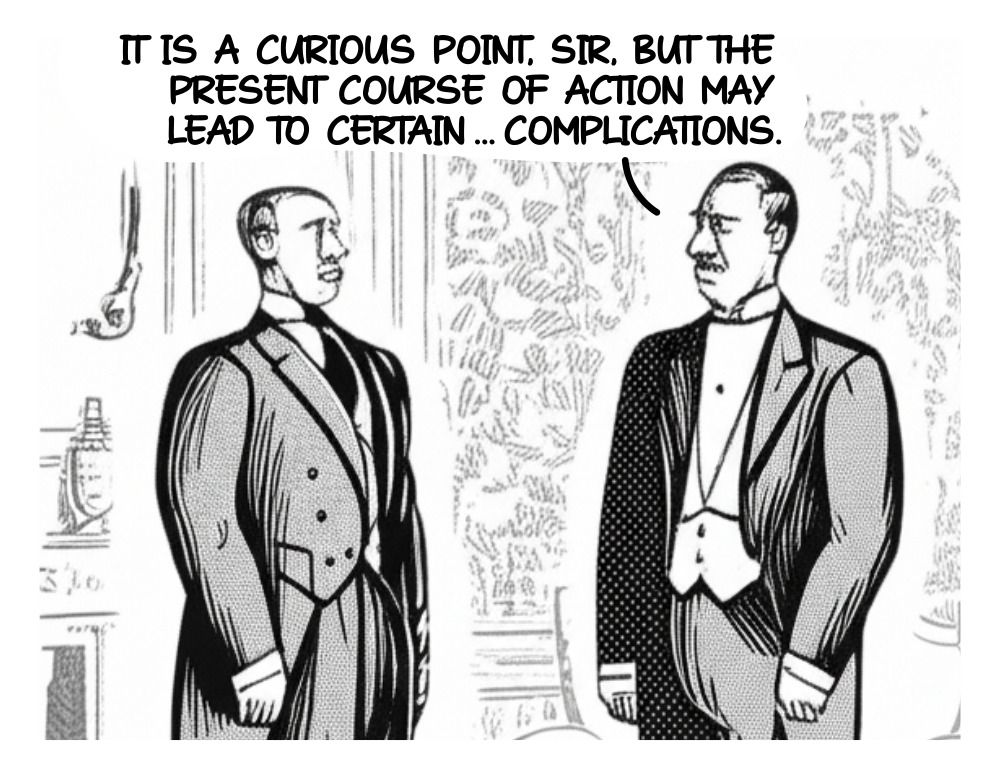 Boundaries define what you’ll tolerate and what you won’t. Without them, you hand control of your time and energy to others.
Boundaries define what you’ll tolerate and what you won’t. Without them, you hand control of your time and energy to others.
Setting boundaries isn’t about being rude. It’s about owning your space. If someone doesn’t like it, tough. You’re not here to make life easier for them.
Boundaries send a clear message: “Respect me or step back.” Without them, confusion and frustration creep in. You end up stuck doing favors for people who never even asked if you had the time.
Your boundaries reflect your values. Before you can set them, you’ve got to know your own limits and priorities. You can’t defend what you haven’t defined.
State your boundaries firmly, not as a request but as a fact. Those who respect them show they understand you. Those who don’t make it clear they never did.
Idea for Impact: If someone crosses the line, stand firm. Let them know their actions are not acceptable. Do not back down.
 In 2012, Google’s
In 2012, Google’s  A disagreement stays harmless until you make it personal. Attack someone’s character, dismiss their opinions, or ignore their emotions, and it stops being a discussion. It
A disagreement stays harmless until you make it personal. Attack someone’s character, dismiss their opinions, or ignore their emotions, and it stops being a discussion. It  It’s a curious feature of our age that we still require, by law, ashtrays in the lavatories of commercial aircraft. Not because we’re nostalgic for the days when the skies were thick with the fug of unfiltered Marlboros, but because—despite decades of prohibition—someone, somewhere, will inevitably decide the rules
It’s a curious feature of our age that we still require, by law, ashtrays in the lavatories of commercial aircraft. Not because we’re nostalgic for the days when the skies were thick with the fug of unfiltered Marlboros, but because—despite decades of prohibition—someone, somewhere, will inevitably decide the rules  In the modern workplace, the line between professional and personal conduct
In the modern workplace, the line between professional and personal conduct 
.jpg)
 We make thousands of decisions daily—what to wear, which email to answer first, whether to take the scenic route or stick to the main road. Most are low-stakes, but the act of choosing can sap mental energy. That’s
We make thousands of decisions daily—what to wear, which email to answer first, whether to take the scenic route or stick to the main road. Most are low-stakes, but the act of choosing can sap mental energy. That’s 
 McDonald’s has long leaned on
McDonald’s has long leaned on .jpg)
 Agassi casts himself as a victim of his circumstances, expressing a weariness with the grind—a sentiment many can relate to. While few may hate their jobs
Agassi casts himself as a victim of his circumstances, expressing a weariness with the grind—a sentiment many can relate to. While few may hate their jobs